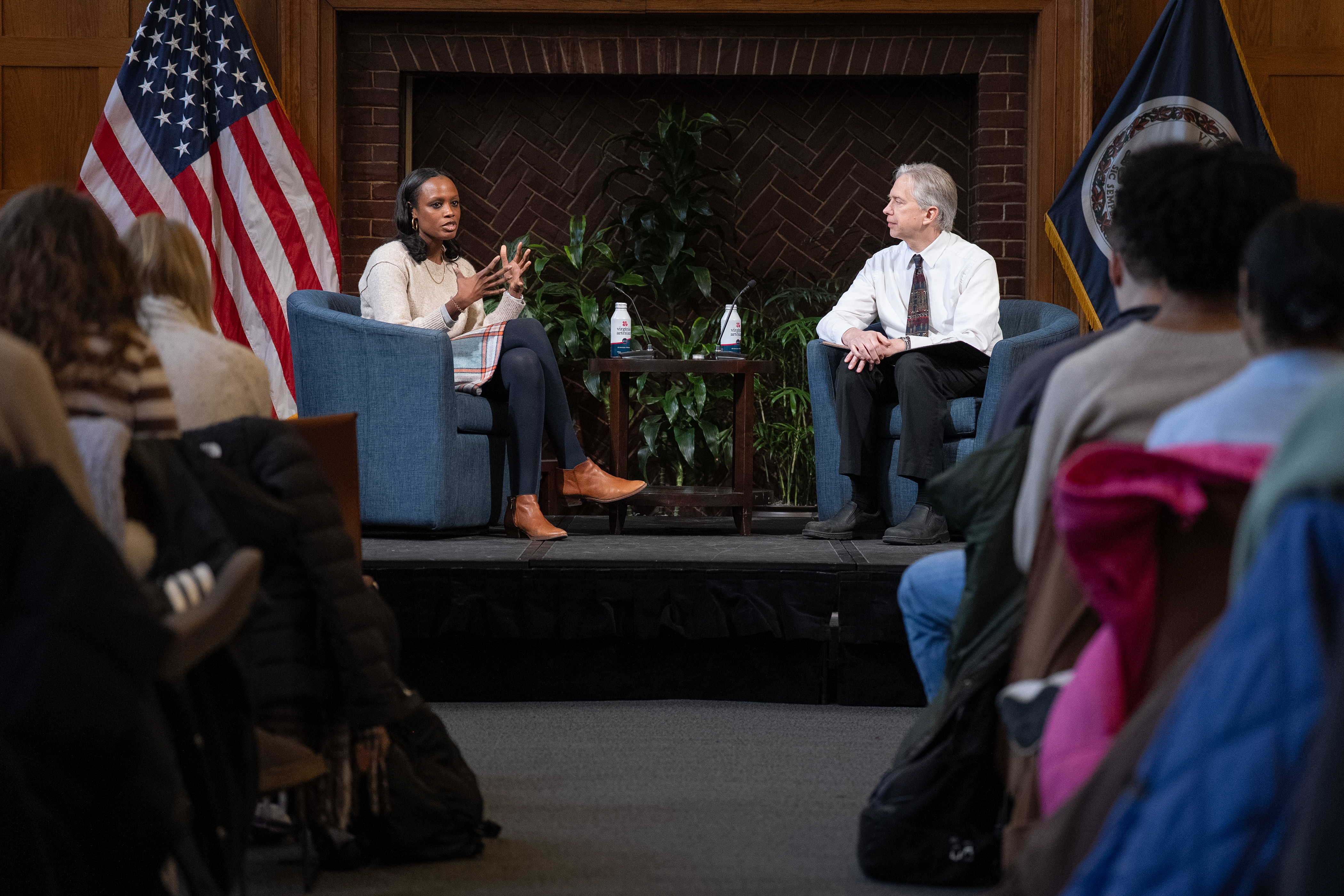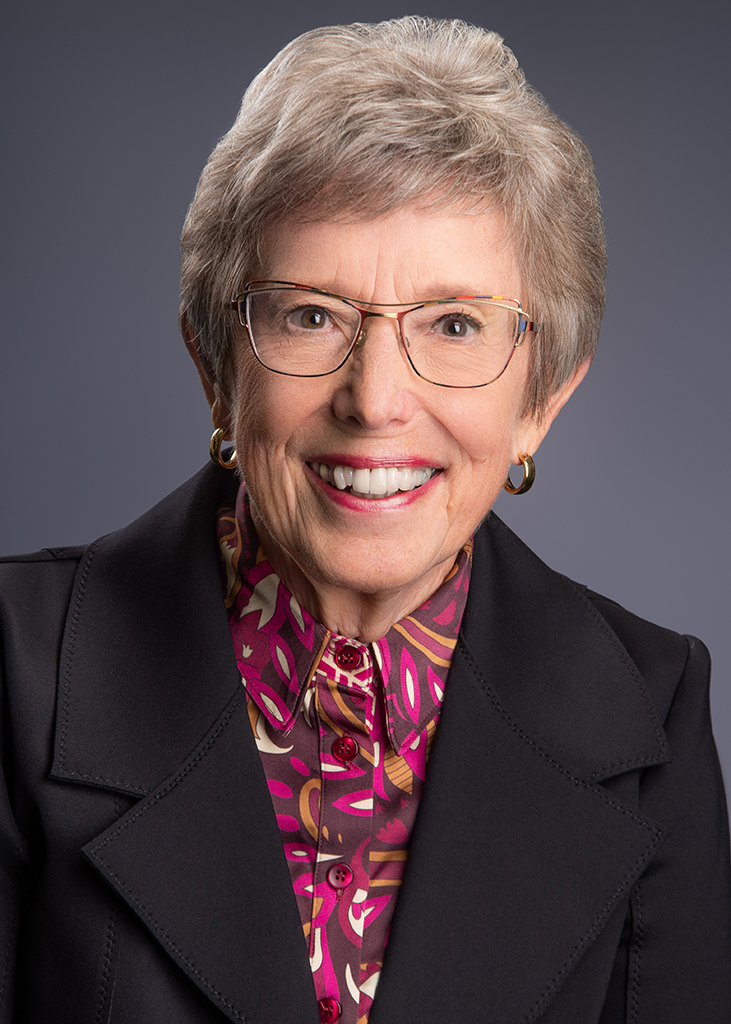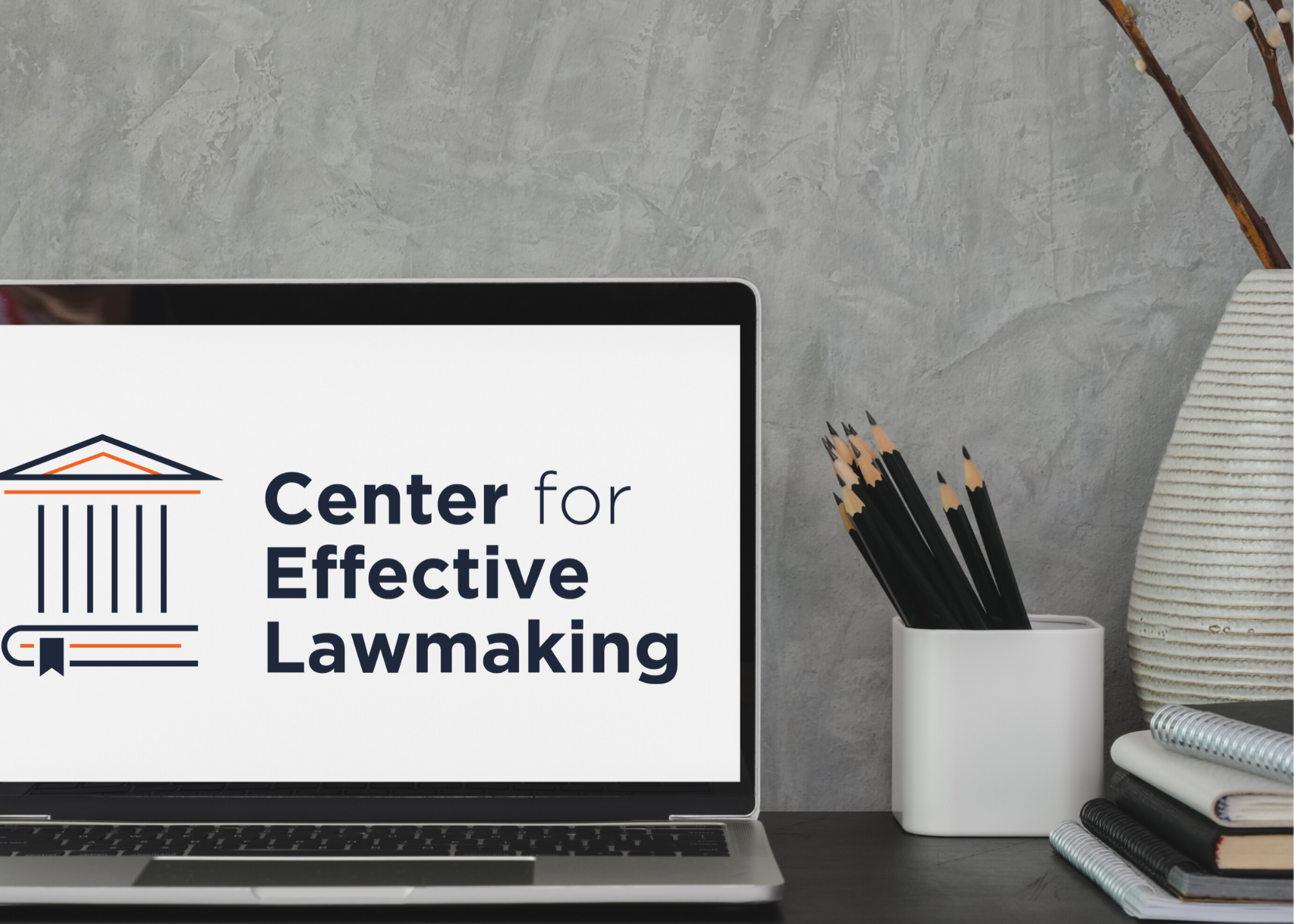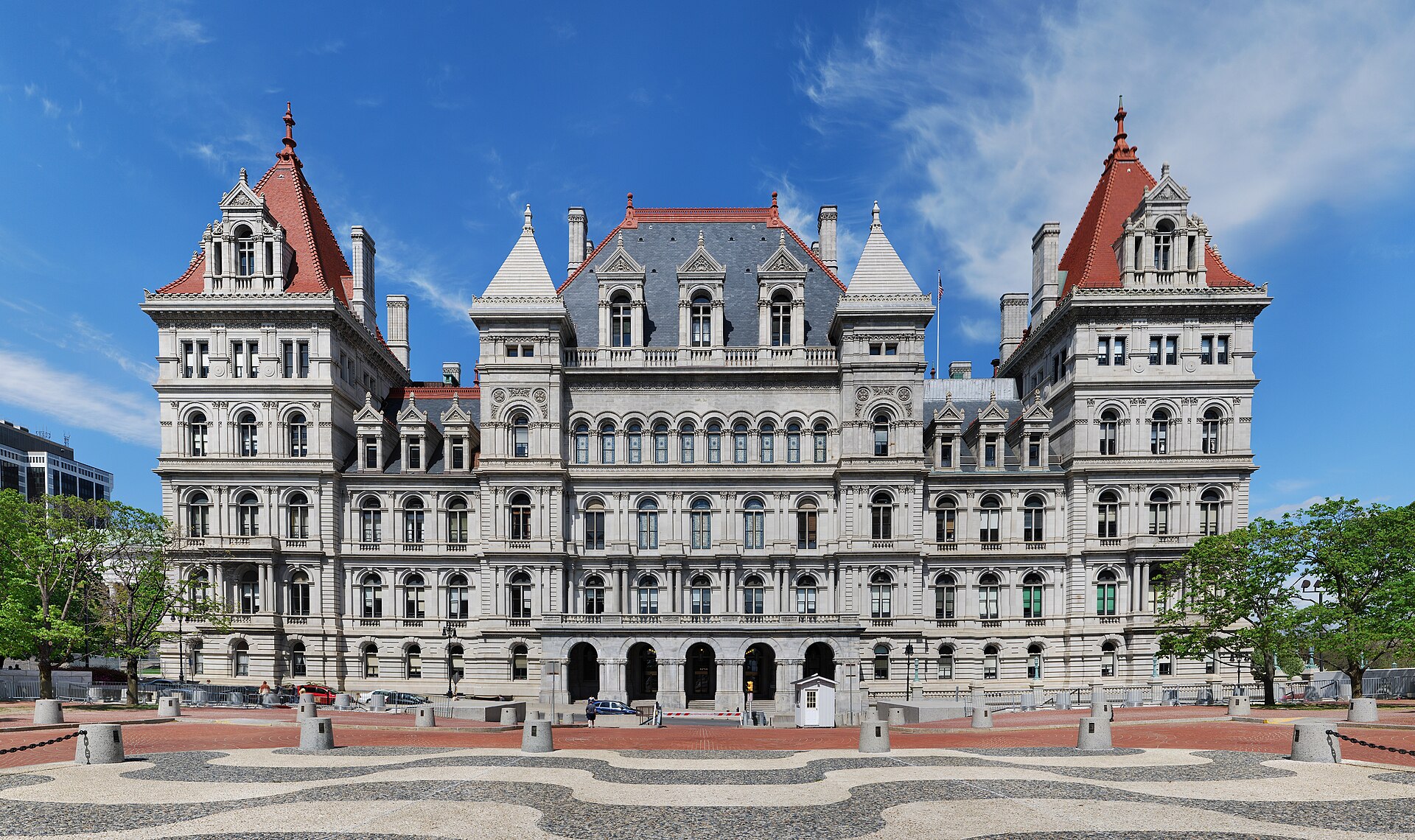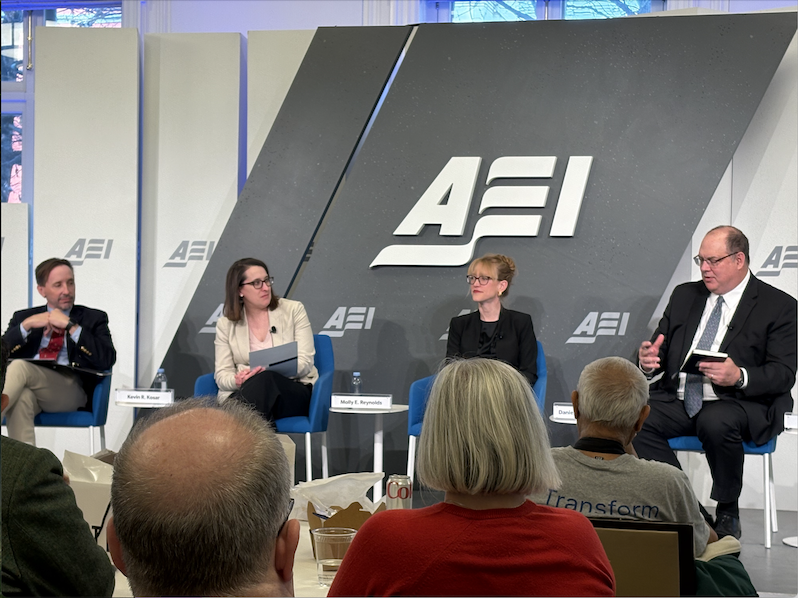CEL Summary: A View from the Executive and Legislative Branches
Shuwanza Goff and Craig Volden (from left to right). CEL Summary: A View from the Executive and Legislative Branches Monday, February 16, 2026On Monday, February 9, the Center for Effective Lawmaking (CEL) held a presentation entitled “A View from the Executive and Legislative Branches” as part of the Frank Batten School of Leadership and Public Policy’s Batten Hour series. The panel discussion featured Shuwanza Goff, a veteran congressional staffer and former director of the White House Office of Legislative Affairs under President Joe Biden who now serves on the CEL…

